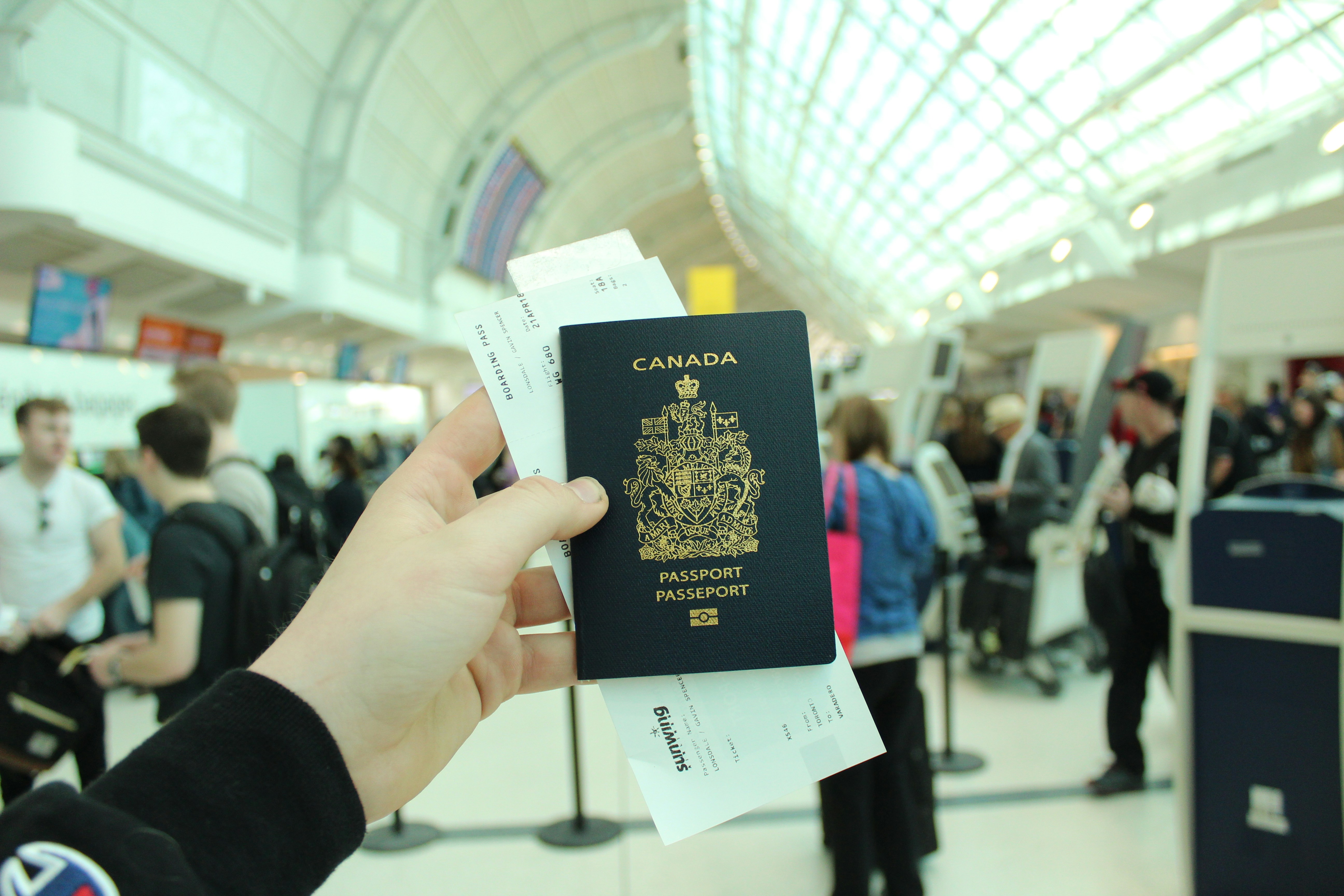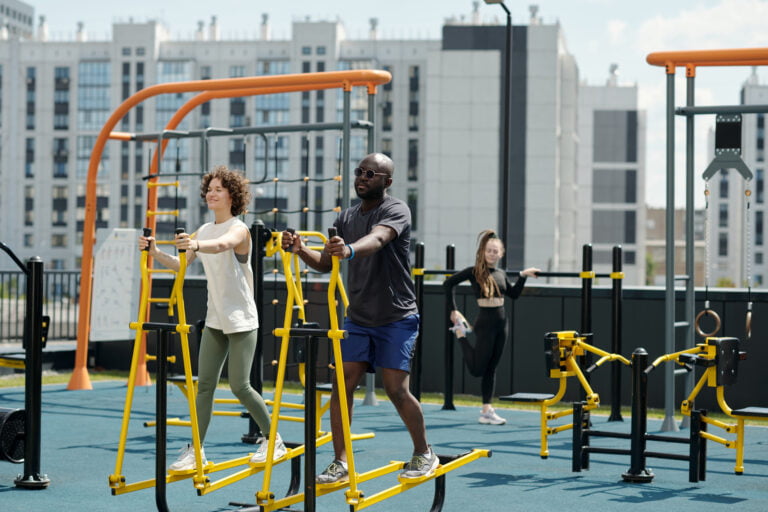Canada has traditionally had an open immigration policy. The country currently hopes to increase the number of immigrants it accepts and welcome one million new residents and refugees over a three-year period beginning in 2019.
Many people apply for residency because they have married a Canadian. Canada does not have a fiancé visa, so if you marry a Canadian, you must apply for a marriage-based visa after you get married.
Wedding Requirements

You must apply for a marriage license at the municipal office where you plan to marry. Individuals must present government-issued identification documents, such as a driver’s license, to complete the license application process. If you are not a Canadian, you are still required to present a government-issued ID from your country of origin. Accepted forms of identification include a passport or birth certificate.
You can seal your vows with a beautiful lab created diamond wedding set. These diamonds look similar to genuine, authentic diamonds except they’re grown in a laboratory. You can also enjoy the peace of mind that comes from knowing the gemstones in your wedding rings are conflict-free. You can opt for ring sets or loose diamonds to have mounted in your bridal set.
Application Requirements

Once you are married, your Canadian spouse can apply to sponsor you for residency in Canada. They will be required to complete an application and present specific documents to support their application. They must prove they are a Canadian citizen by presenting identification that has been issued by the government.
Your Canadian spouse will also need to establish that they can financially sponsor you. They may be required to present tax documents and other financial information as part of the sponsorship application process. Canada does not have a minimum income requirement for individuals who apply to sponsor a spouse. As long as the applicant can demonstrate that they can afford your essential expenses, they are eligible to apply.
The Process

You can opt to have your wedding in Canada or outside of Canada. If you choose to marry in Canada, you may be required to leave the country after your wedding. The application for your residency visa has to be made while you are outside Canada. Once you receive your residency visa, you can enter the country.
You may qualify to apply for your residency based on your marriage and remain in the country if you were already in Canada on an approved visa. Individuals who are studying in Canada and in the country on a student visa, or those who are already present in Canada on a work visa, may be eligible to proceed with their marriage-based residency application while remaining in Canada.
Exceptions

Some Canadian citizens are not eligible to sponsor a foreign-born spouse. Individuals who receive social assistance are not eligible to sponsor a visa, unless they receive social assistance due to a disability. Canadian sponsors must be 18 years old. They must reside in Canada or prove they will live in Canada after the visa is granted. Individuals who are in jail, are going through a bankruptcy filing, or have been convicted for a sexual offense or violent offense are not eligible to sponsor a spouse.
You may be required to provide additional documentation for your application based on your nationality. Some individuals may be required to complete extra forms that document all of their prior international travel. They may also be asked to document any military service they have performed in their home country. A complete list of additional requirements can be accessed via the Government of Canada website.
Who Can Help

Green Light Canada can assist you with your visa application. These immigration experts can help you apply to a temporary foreign worker program so that you can remain in Canada with your spouse while applying for your marriage-based visa. They will perform a Labor Market Impact Assessment (LMIA Canada) to support your work visa application. This is an excellent, legal option that can enable you to start your new life as a married couple immediately while waiting for your marriage-based visa.
Community-based organizations located everywhere from British Columbia to Newfoundland can help you immigrate and adjust to life in a new country. Some connect new immigrants with mentors and offer job training and language training. The immigration and citizenship section of the Government of Canada website provides a list of organizations that help immigrants, in addition to the services they provide.











